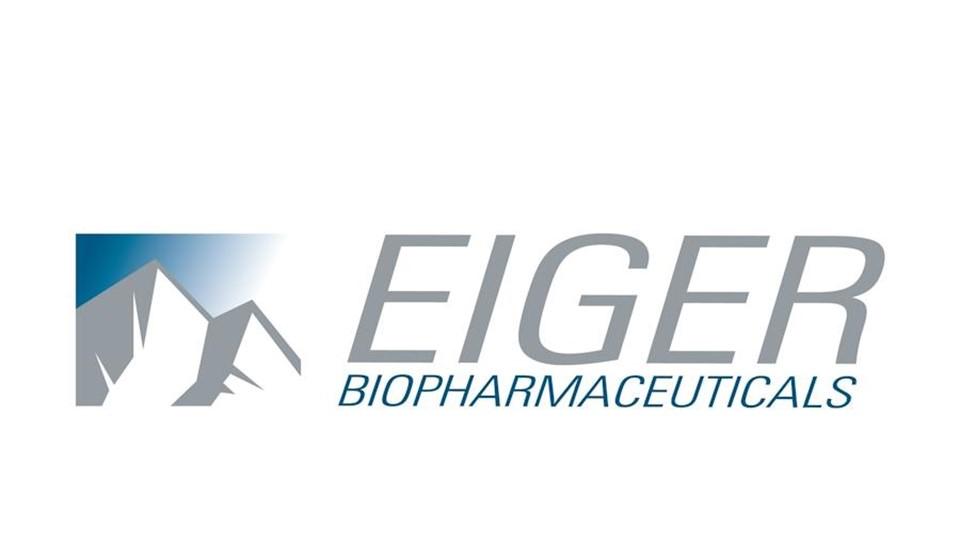Eiger wields axe as FDA sets high bar for hepatitis drug

Eiger BioPharmaceuticals has said it will cut staffing numbers by 25% and refocus its R&D activities on metabolic diseases, after the FDA said it would need a new study on hepatitis delta virus (HDV) candidate lonafarnib before it could consider approval.
The measures will help Eiger extend its financial resources through to the end of next year, according to chief executive Dr David Apelian, who has just been formally named in the role after serving as interim CEO since the resignation of David Cory last December. Apelian has previously served as the biotech’s chief operating officer and executive medical officer.
Eiger had been hoping to get accelerated approval from the FDA for lonafarnib as a treatment for HDV, a virus that exists only as a co-infection with hepatitis B virus (HBV) and is seen in around 5% of the estimated 257 million people around the world who are chronically infected with HBV.
The FDA has said, however, that it will need a confirmatory trial that is not based on surrogate endpoints, like viral loads and liver function, but hard patient outcomes like morbidity and mortality – a much tougher proposition – and will require identification of patients who are most likely to respond to a 48-week treatment.
Faced with that, Eiger has opted to try to find a partner for lonafarnib in HDV, as well as another HDV candidate - peginterferon lambda - and prioritise the development of GLP-1 receptor antagonist avexitide for hyperinsulinaemic hypoglycaemia indications. The California biotech said that “active discussions” are underway with potential partners.
Eiger has been fairly quiet about avexitide since it reported the results of the phase 2 PREVENT trial in 2019, which involved patients with severe post-bariatric hypoglycaemia (PBH), dangerously low blood glucose levels that can occur after eating in some patients who have surgery for weight loss.
Avexitide is the only drug in development for PBH with a breakthrough designation, according to the biotech, which says it has reached “alignment” with the FDA on the design of a phase 3 study.
Eiger also plans to develop the drug for a follow-up indication, ultra-rare disease congenital hyperinsulinism, which causes persistent hypoglycaemia that can result in irreversible brain damage.
In the meantime, lonafarnib has already been approved by the FDA as Zokinvy for rare diseases Hutchinson-Gilford progeria syndrome (HGPS) and progeroid laminopathies, giving Eiger a revenue stream that amounted to around $13 million last year.
“Today's environment necessitates prudent and strategic evaluation of how to advance our promising and diverse pipeline in order to develop potential breakthrough medicines for patients and to drive stockholder value,” said Apelian.
“We plan to provide further guidance next quarter on the progress of our business development efforts for our virology assets, as well as definitive plans for the PBH phase 3 study initiation and key study milestones.”












